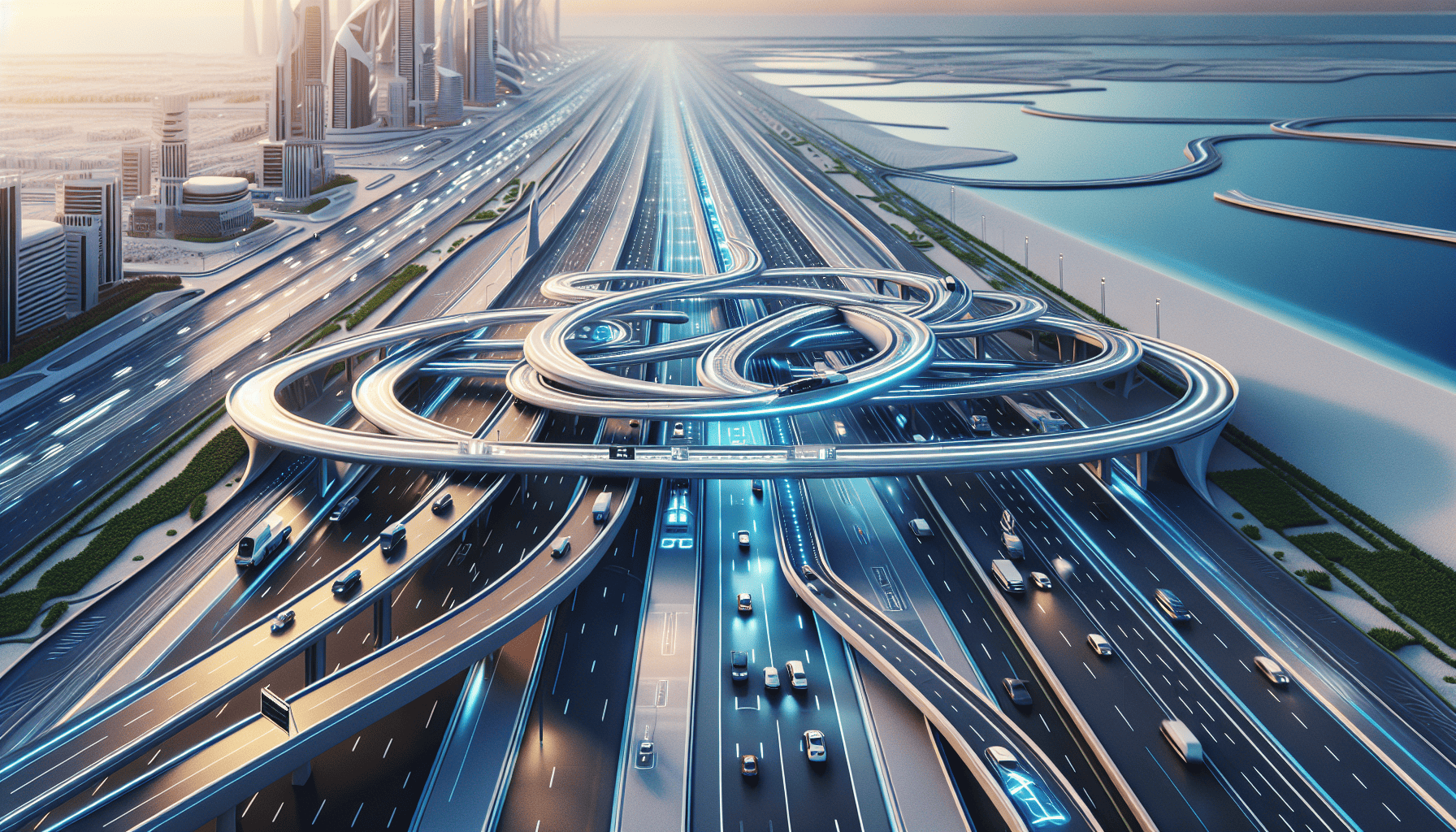The United Arab Emirates (UAE) is renowned for its ambitious urban development projects and cutting-edge architectural marvels. However, beyond skyscrapers and luxury hubs, the nation is setting its sights on transforming its transportation landscape through innovative road plans. These groundbreaking initiatives are poised to revolutionize transport across the region, enhancing efficiency, reducing environmental impact, and integrating state-of-the-art technology.
At the forefront of this transformation is the strategic vision to create a seamlessly connected network of roads designed to handle the burgeoning demands of modern transport. With urban populations steadily rising and tourism flourishing, UAE's transport authorities recognize the imperative need for a robust and forward-thinking infrastructure.
Central to the UAE's innovative road plans is the integration of smart technology systems. These systems are set to become the backbone of future transport networks, enabling real-time traffic management, predictive maintenance, and advanced safety features. Sensors embedded in road surfaces, coupled with artificial intelligence, will monitor traffic flow, detect anomalies, and provide invaluable data for continuously optimizing traffic management strategies.
Moreover, electric vehicle (EV) infrastructure is receiving considerable attention. The UAE government is investing heavily in the expansion of EV charging stations to support a greener mode of transport. By doing so, they are encouraging both residents and tourists to transition to eco-friendly vehicles, aligning with global sustainability targets and reducing the nation's carbon footprint.
Another key component of these innovative plans is the integration of autonomous vehicles. With several pilot programs already underway, the UAE is taking significant strides toward making self-driving cars a common sight on its roads. These initiatives not only promise to enhance road safety but also improve traffic flow and reduce congestion levels. Autonomous vehicles, integrated with smart road systems, can communicate with each other and the infrastructure to ensure optimal speed, route selection, and efficient fuel consumption.
Further elevating these efforts are the concepts of multi-modal transportation hubs. By synchronizing different modes of transport such as buses, trams, and cycling lanes, these hubs promise seamless connectivity and significantly minimize transit times for commuters. Such integrated systems are designed to cater to the diverse mobility needs of residents while prioritizing sustainability and convenience.
Additionally, as part of the UAE's green initiatives, dedicated lanes for public transport and carpooling are being expanded. This encourages shared transportation, reducing the reliance on private vehicles and subsequently decreasing traffic congestion and pollution levels.
The UAE is also leveraging big data analytics to anticipate future transport needs and tailor infrastructure development accordingly. By analyzing patterns and trends, the nation can strategically direct investments and resources to areas that will benefit the most, ensuring that roads remain capable of handling increased demand for years to come.
In conclusion, the UAE's innovative road plans are emblematic of a commitment to redefining transportation as both efficient and sustainable. Through the integration of smart technology, support for electric and autonomous vehicles, and the development of interconnected transport systems, the UAE is not just planning for the future—it's building it. The results of these forward-looking initiatives promise an enhanced quality of life for residents and a richer experience for visitors, cementing the UAE's reputation as a global leader in modern infrastructure development.
